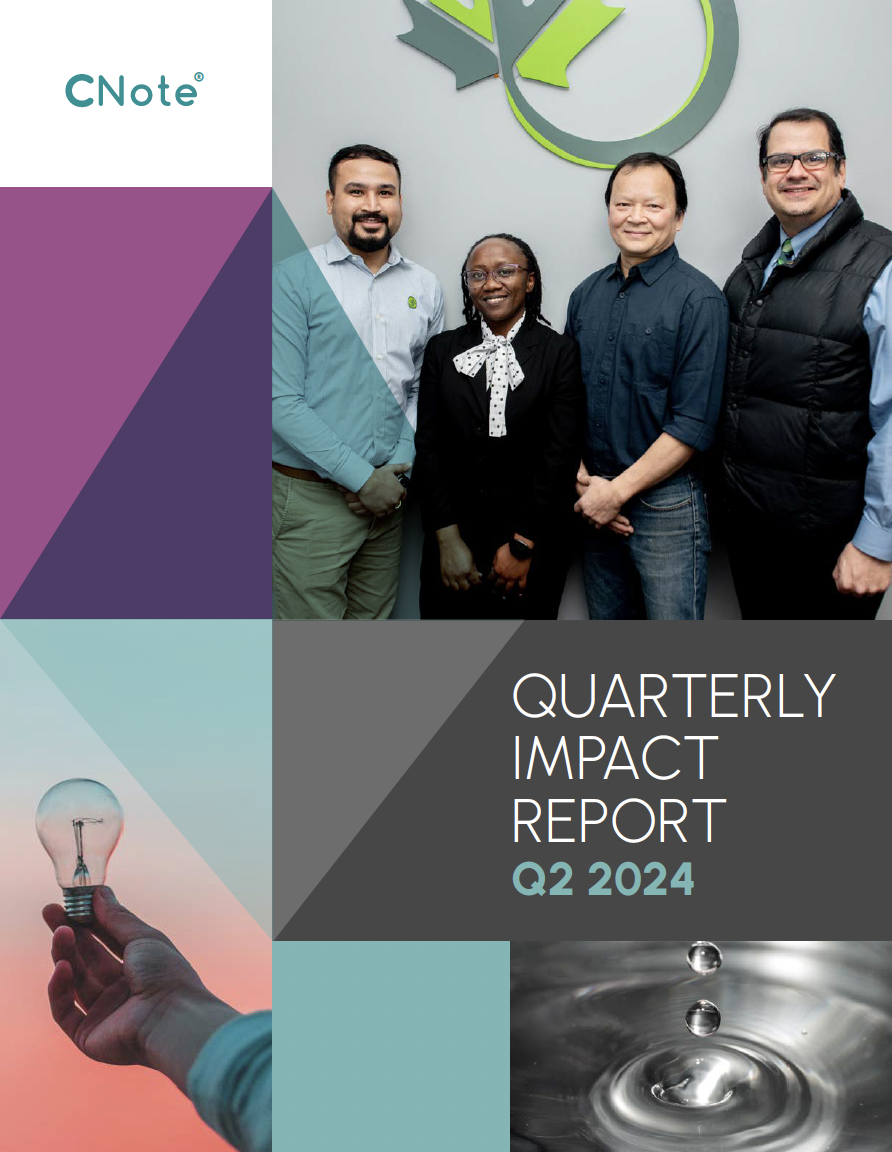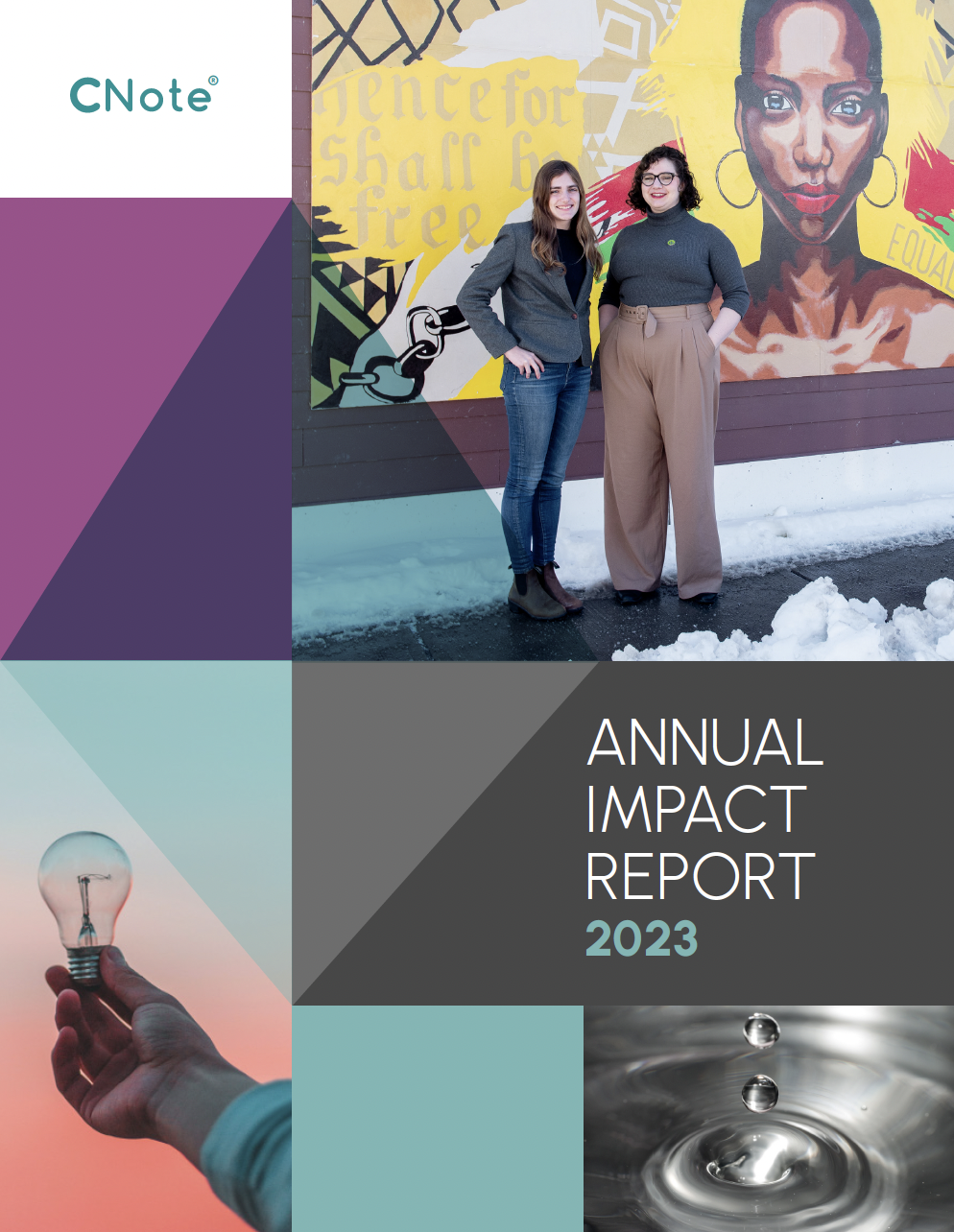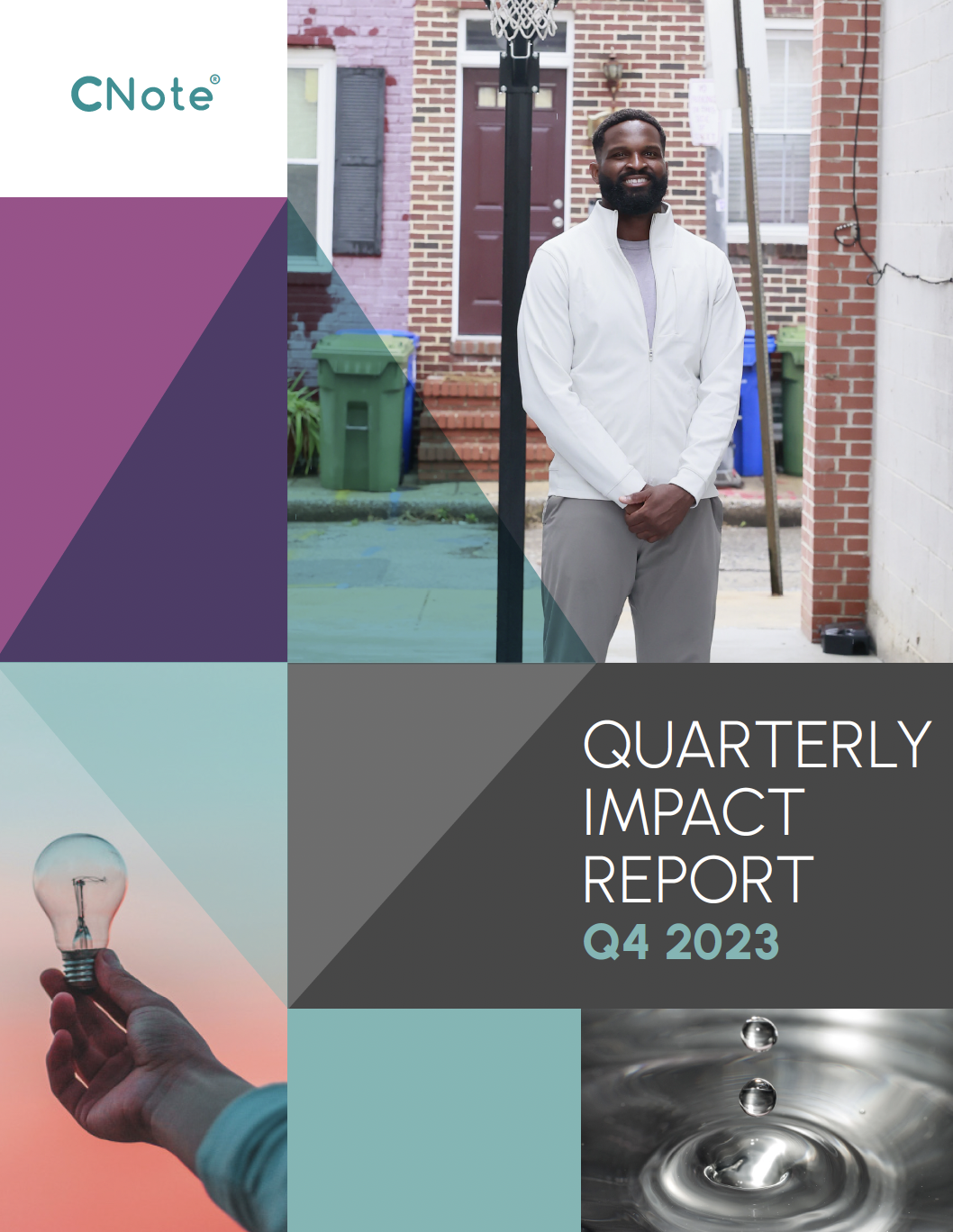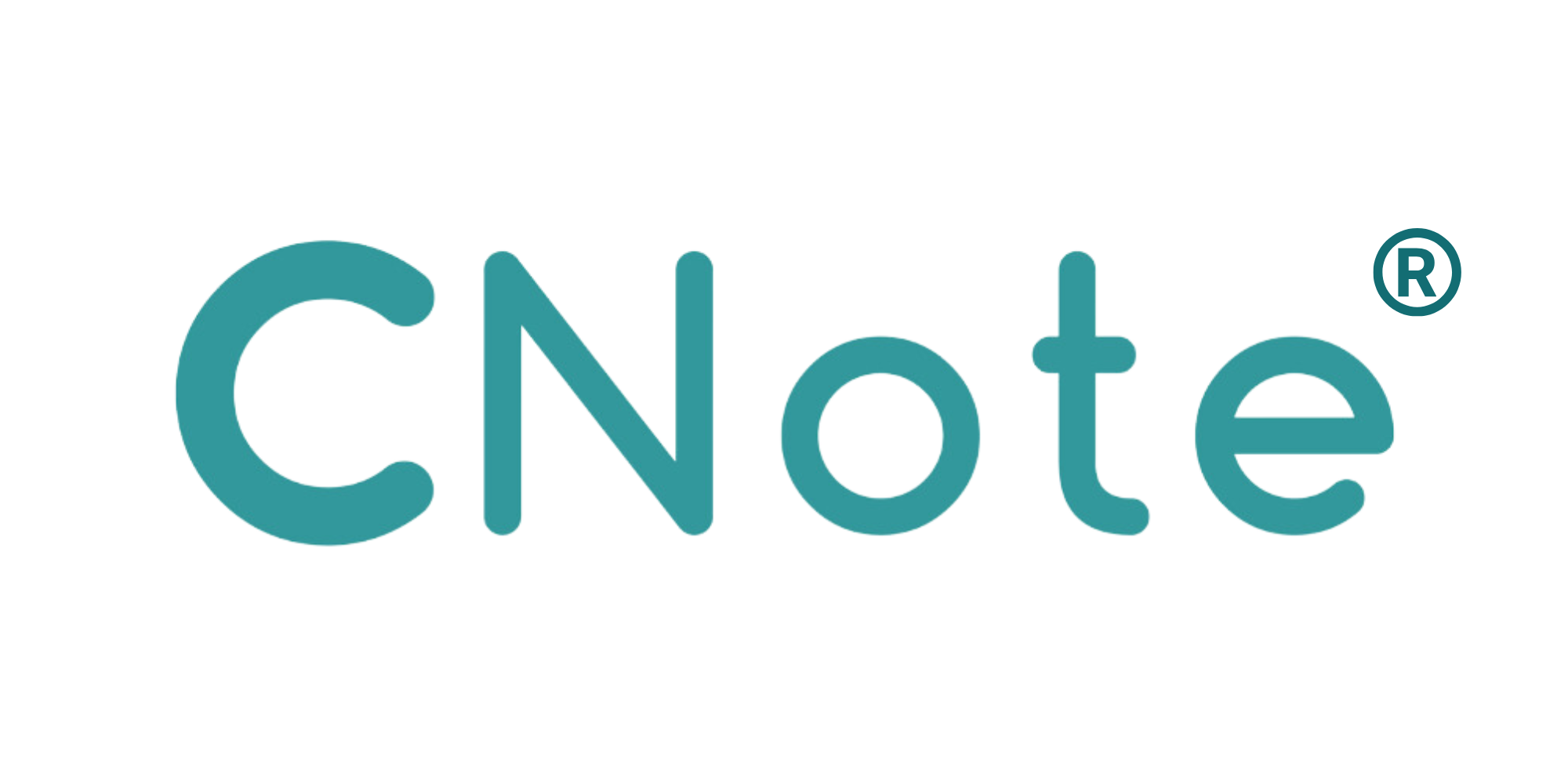Category: Impact Investing
-

Values Investing: How to Invest in What Matters Most This Election Season
With the upcoming election on the horizon, many investors are re-evaluating their portfolios, not just for potential market fluctuations but for something more significant: aligning their investments with their values. The idea of “voting with your money” has gained traction in recent years, encouraging people to consider how their financial decisions reflect their personal beliefs
-

Unlocking Wealth with Purpose: Why Accredited Investors Should Consider Sustainable Investing
Accredited Investors have a unique chance to align wealth-building goals for values, fostering positive change without compromising on returns.
-

Investing in a Greener Future: How Impact Investing Drives Climate Action
Impact investing is becoming a key financial driver behind major climate action initiatives. As climate change accelerates, the call for action is growing louder than ever. The responsibility to address this global crisis doesn’t just rest with governments and nonprofits; investors also have a significant role to play. Impact investing, which can potentially seek financial
-

Impact Investing: Earn Up to 4% APY* and Make a Difference
Impact investing offers an opportunity to earn competitive returns while making a difference.
-

CNote’s Q2 2024 Public Impact Report
CNote is excited to share our Q2 2024 public Impact Report! Check it out here. This quarter, we delve into the achievements and stories from our community financial institutions, showcasing their dedication to driving positive change. Here’s a sneak peek of what you’ll find: Spotlights on our mission-driven partners: Meet Michele Davidson of FTS Lighting
-

Quick Tips for Credit Union Membership Growth
Credit Union Membership growth is hard to maintain for some credit unions. The NCUA’s Q1 2024 Quarterly Credit Union Data Summary revealed that credit unions of nearly every size were struggling with membership growth (except those with assets above $1B). Federally insured credit unions with assets of at least $500M but less than $1B in
-

Navigating Greenwashing in Sustainable Investments
The sustainable and impact investing market has grown to nearly $10T in assets under management in recent years and is expected to grow to over $30T by 2026. These investments, geared towards major societal issues are an opportunity to create transformative change and align investments with your values. The recent proliferation of greenwashing poses significant
-

CNote’s 2023 Annual Impact Report
CNote’s 2023 Annual Impact Report, documenting a year of robust growth and enduring commitment to economic and social justice! Despite the challenges posed by the SVB Bank crisis and other market turbulences, we’ve advanced our mission through impactful financial solutions and strong community partnerships, and were excited to share those achievements. This year’s report highlights:
-

CNote’s Q4 2023 Impact Report
CNote is excited to share our Q4 2023 Impact Report! Check it out here. You’ll read more about CNote’s proprietary impact framework developed to assess the positive impact made by community financial institutions on our platform. We also share updates on CDFI loan funds’ capital challenges, and how impact-driven depository institutions are embracing fintech partnerships
-
Beyond Banking: The Crucial Role of Impact-Driven Banks and Credit Unions in Underserved Communities
Impact-driven banks and credit unions forge a dynamic partnership with under-resourced communities, blending immediate solutions with lasting development. These institutions stand as pillars of community support. Anchored by tailored financial products and programs, spanning affordable housing loans to job creation initiatives, impact-drive banks and credit unions commit to both present concerns and the future prosperity
